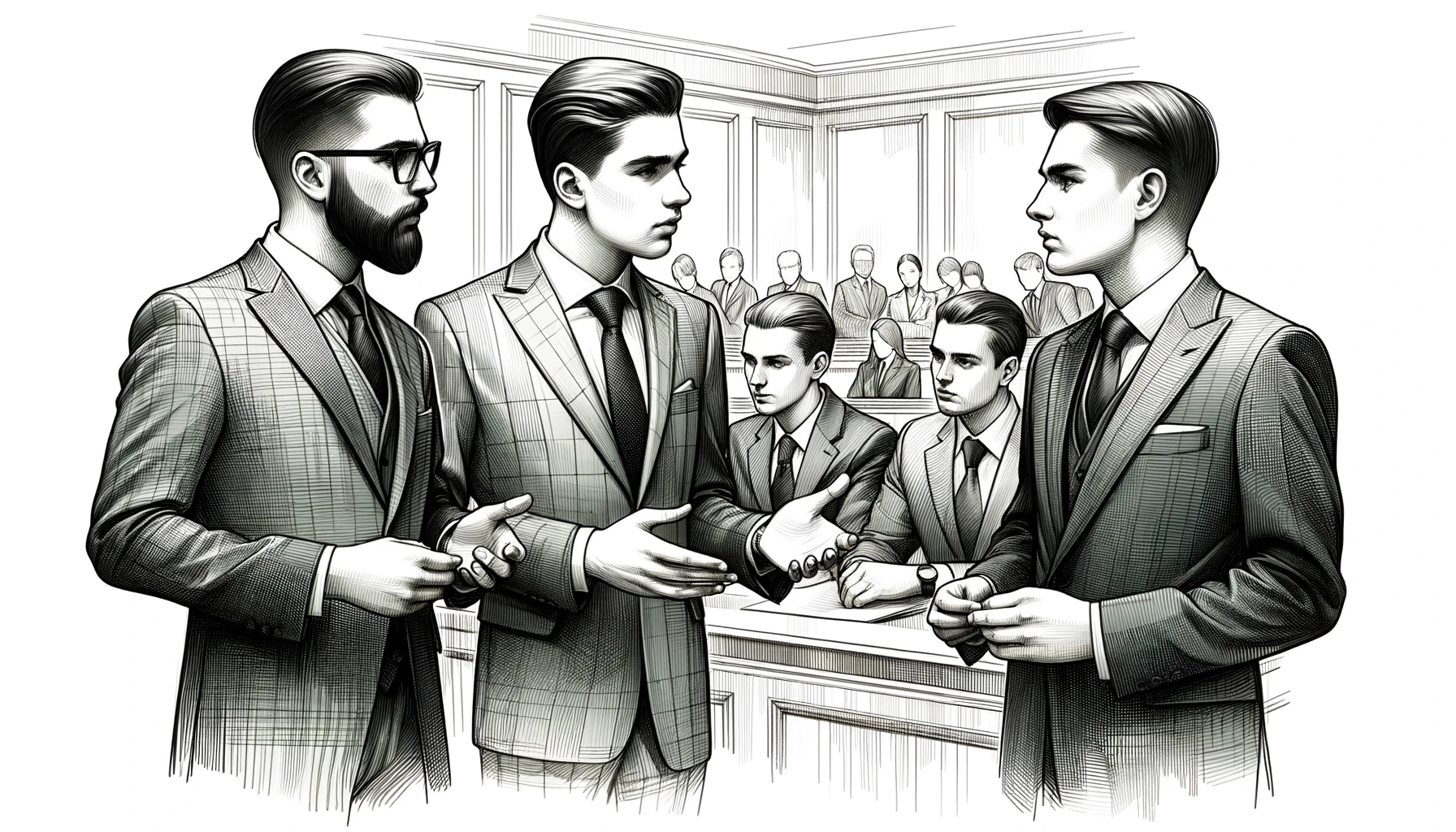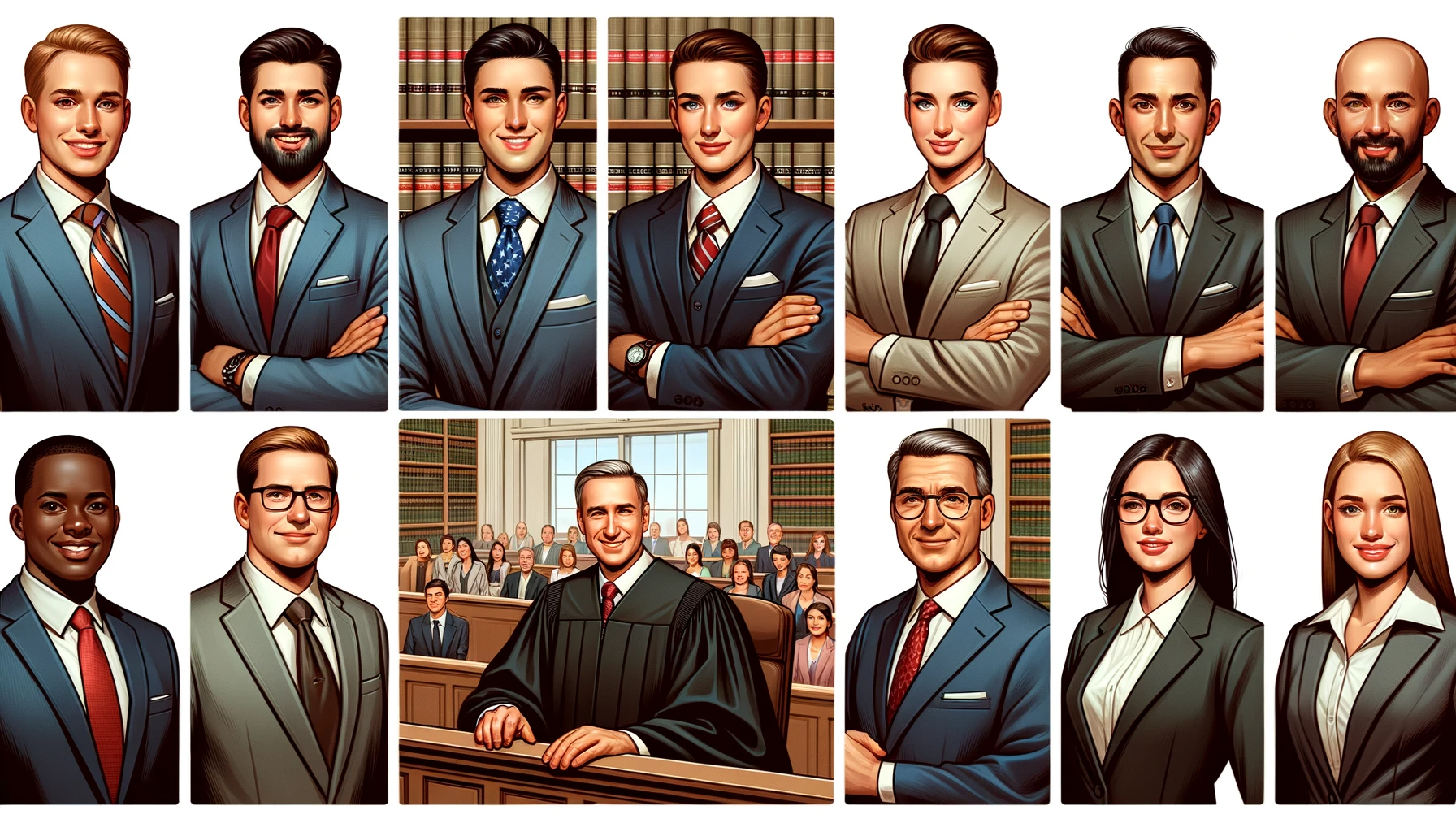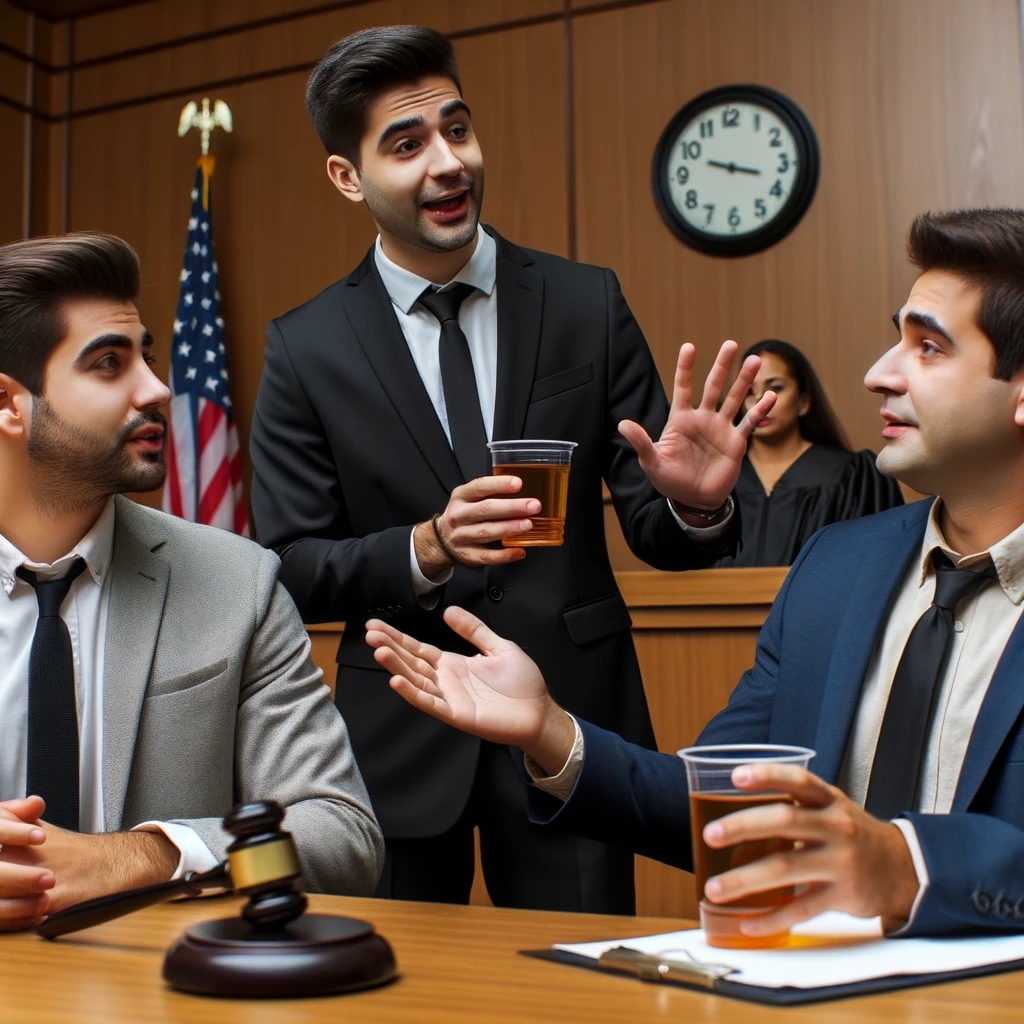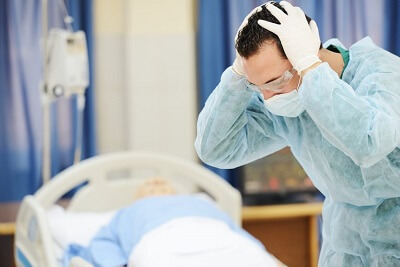What is Premise Liability and what is the role of it in the average person’s life
All people, regardless of how they spend their days, have some risk of being injured on a commercial piece of property. When you go to the grocery store, shop for new clothing, visit the dentist to have your teeth cleaned, take in a movie, or dine at your favorite restaurant, there is always the potential that you can be injured while on the business’s property.
PREMISE LIABILITY
Hurt on Property Owned by Someone Else? We Know Premises Liability Law
We have recovered millions of dollars due to dangerous property conditions. Many injury victims do not realize they have rights that entitle them to compensation when injured on rental property or property owned, managed or operated by another. It could be your own rental unit or someone else’s, another’s home, a place of business, etc. Because property owner liability can be more risky and complex, requires more work, skill, and money to handle than most firms have, many law firms do not take them, or if they do, they choose to settle with insurance companies for pennies on the dollar. If this has happened to you, you should contact Tough Defense Attorney. We have handled many of these cases, have years of experience, understand the type of expert witnesses needed in each case, and can get you the medical treatment you need. We also have the money and trial skills necessary to get you the money you deserve.
A landowner must exercise reasonable care not to subject others to an unreasonable risk of harm and must act as a reasonable person under all the circumstances. This means that property owners must keep their properties safe. They must inspect their premises for dangerous conditions that are not readily apparent. If they do not, and someone is injured they may be responsible for all the harms and losses that result. A competent lawyer can prove a landowner did not act with “reasonable care” in a variety of ways. For instance, they can obtain admissions from various employees during depositions that the company had inadequate safety rules to protect others, or their employees failed to follow company safety rules that were in force at the time of the incident. At Paternoster Law Group, we enjoy working on these cases, and as a result, have successfully represented many clients injured by dangerous property conditions.
DANGEROUS ELECTRICAL CONDITIONS
In one of our cases, three workers suffered severe burns while on the job caused by an electrical arc. After the lawsuit was filed, an extensive investigation occurred, many depositions were taken, and it eventually became clear that an air conditioning unit was leaking water onto an electrical panel causing the electrical arc that injured our clients. Not only was the unit leaking on an obviously dangerous area, depositions and documentation proved that the property owners were aware of it, chose not to fix it, and did not warn anyone of the dangerous conditions. The defendants settled for millions of dollars during the first week of trial for an undisclosed amount.
FALLING OBJECTS
Landowner liability extends to these types of cases. If objects fall from higher areas and injure you, you may be entitled to compensation. Some examples would be products falling from a shelf at a grocery store or home improvement store. Buildings sometimes have inadequately secured lighting fixtures, cabinets, or door frames, and can cause injury.
STAIR RAILINGS
Because there are countless ways to get injured you should always consult with an attorney to analyze and discuss your rights with you. On one occasion our firm represented a man in a case turned down by 10 other law firms. Our client was highly intoxicated with a blood alcohol level of 3.0. He tripped and fell down the stairs of a two-level townhome he was renting but grabbed the stair railing after he tripped and started to fall. The railing broke, forcing him to fall head first down the staircase, sadly causing a neck fracture and spinal cord damage resulting in paralysis. The highest offer before trial was $85,000, but we ultimately recovered millions of dollars, settling for an undisclosed amount, convincing the insurance defense lawyers that stair railings exist for people that need them (intoxicated or otherwise unable to stand without assistance).
The key to this case was taking numerous depositions until a handyman at the complex testified the property manager knew but had ignored repeated problems with this identical type of railing in the other townhomes, and then failed to fix the safety issue or warn our client about the problem with the railings before his fall. In other words, because the property manager had failed to give notice of a dangerous condition that contributed to our client’s catastrophic injuries and failed to act, we were able to overcome the comparative negligence, if any, related to our client’s drinking. Our position was that he was not negligent despite his extremely high blood alcohol level, because if a person cannot drink in his own home, where can he drink?
FAULTY CHAIRS AND FURNISHINGS
We have handled many cases where our clients were injured due to faulty furniture maintenance. You could be injured at a pool because of an improperly secured umbrella or a chair fails and breaks. Many of our clients have been injured at casinos, hotels or restaurants after a piece of furniture fails. Another client was injured while getting his hair washed and his chair failed. Discovery revealed the owner had tried to repair the chair at home with welding tools even though he had no training as a welder. We have represented clients injured while sitting on aging pool furniture purchased by his home owners’ association.
Another was hurt because a landscaping crew cut a shrub too low, leaving the exposed roots sticking out of the ground. Another client tripped because a landowner removed a tree and failed to replace it, which left a hole in the grate surrounding area where the tree was removed. In another case, a client tripped at a casino pool over the leg of a lifeguard stand that was hidden from view. Again, the possibilities are endless and only a qualified lawyer with years of experience can sufficiently evaluate your case and explain your rights to you.
INADEQUATE PROTECTION IN SWIMMING AREAS
Many families have suffered devastating loss because a condominium or apartment complex failed to secure or guard the pool area. Children and others who cannot swim must be protected from the dangers relating to operating a pool. These tragic cases can be caused by inadequate fencing, warnings, alarms and other life safety equipment. If it’s a public pool or pool in a rented home or apartment, defendants may be responsible. It could be a dangerous condition, failure to follow safety protocol, or inadequate supervision by an unqualified or an insufficient number of lifeguards. Only an experienced law firm like Tough Defense should investigate serious drowning injuries or death.
FIRE CASES
The same principles of landowner responsibility apply to these cases. A law firm will investigate the source of the fire and why it was able to injure or kill someone before he or she escaped. In addition to the premises liability law set forth above, depending on the type of property the incident occurs on, the landowner must also comply with the appropriate building codes. Failure to do so can result in their accountability for all losses they caused. A competent law firm will root out the fire source, if possible, to determine if liability lies with the manufacturer, maintenance personnel, or property owner where the fire occurred. Even if the fire source cannot be determined, the landowner may still be responsible for failing to install, maintain and supervise smoke detectors and other fire safety equipment.
Because these fire losses are typically severe, only the most qualified and experienced law firms should handle these cases. Tough Defense has handled all these types of cases and many more, and because of our experience, we understand what to look for to ensure our clients receive the best representation available, recovering for all financial, medical and human losses permitted by law.
Although businesses may have new structures that were built to code, premise liability refers to their obligation to keep every area of their premises safe. Failing to maintain any area of the business including replacing damaged railings, using the right quality of flooring, or keeping spills out of the floor can result in a customer falling and becoming injured. Tough Defense explains that “Some of the most common examples of premise liability include:
- Slip and Fall Accidents
- Staircase Accidents
- Accidents from Improper Maintenance
- Insufficient Security
…but there are many areas where the validity of a liability claim may come into question.”
Slip and Fall Accidents Examples
Slip and fall accidents are one of the most common types of accidents in the workplace. They can happen to anyone, at any time, and in any place.
The most common causes of slip and fall accidents are:
- Wet floors or surfaces
- Poor lighting
- Uneven surfaces
- Lack of handrails or guardrails
- Slippery substances on the floor (e.g., oil, grease)
Staircase Accidents
The staircase is one of the most dangerous places in the home. It is a place where accidents can happen at any time. The staircase is a place where people are often carrying heavy items, such as laundry baskets, suitcases, and grocery bags. This makes it difficult to see what is on the stairs and to avoid tripping over something that has fallen down.
The staircase can also be a place where people are not paying attention to their surroundings because they are focused on other tasks or they are distracted by their phone or tablet. This can lead to accidents when someone trips over something that has fallen down the stairs or when someone falls down the stairs themselves.
Uneven surfaces
Uneven surfaces are a common problem in the world of architecture. They can be found in many different places, from sidewalks to staircases. The unevenness of these surfaces can cause problems for people with disabilities and the elderly.
The unevenness of these surfaces can cause problems for people with disabilities and the elderly.
Lack of handrails or guardrails
The lack of handrails or guardrails is a major problem in the construction industry. It is a safety hazard that can lead to serious injuries and even death.
Construction workers are at risk of falling from heights, being hit by heavy objects, or getting caught in machinery. The lack of handrails or guardrails can also lead to falls from ladders and scaffolding.
The lack of handrails or guardrails is a major problem in the construction industry because it leads to serious injuries and even death. Construction workers are at risk of falling from heights, being hit by heavy objects, or getting caught in machinery. The lack of handrails or guardrails can also lead to falls from ladders and scaffolding.
Slippery substances on the floor
Slippery substances on the floor can be a hazard for people who are walking. It is important to take precautions to avoid accidents.
Some of the slippery substances that you might find on the floor are:
- Water
- Ice
- Oil
- Grease
- Snow
- Salt
Other Premise Liability Examples:
- Tripping hazards
- Cracked pavement or concrete
- Negligent landscaping
- Insufficient security
- Negligent upkeep
- Uncovered holes
- Objects falling from ceilings or signage
- Electrical defects
- Defective fire prevention systems
- Defective stair railings
- Unsafe balconies
- Poor lighting in dark parking places
- Dog attacks
- Nightclub injuries caused by overly aggressive security
- Lead poisoning due to peeling paint
- Industrial, commercial property injuries
- Asbestos exposure
- Attacks in dark areas
- Swimming pool drownings
Premise liability refers to a business’s obligation to create a safe environment for the customers that enter their establishment. When an accident does happen, it is important for the victim to treat the incident seriously; even if it doesn’t feel like it at the time. The fall that causes a little sting to the knee or a little soreness to the back today could end up being a lot more noticeable by tomorrow. Even broken bones aren’t always detected right away. Make sure you file an accident report with the business so that you have the accident on-hand. Get immediate medical attention and find an experienced personal injury attorney who can help you determine if you have a legitimate claim.
The Not-So-Obvious Liability Injury
The causes of some accidents are glaringly obvious. A broken step or a handrail that gives way leaves little room for doubt. Others may be less obvious and can possibly be missed even after the accident victim has taken a tumble. For example, retail stores are required to use specific types of rugs or safety mats that will stay in place on the floor. When a customer trips over the corner of an inappropriate rug, their accident and resulting injury is due to the business’s negligence in choosing the right safety equipment.
Determining whether liability is at question following an accident can be difficult in a number of situations. Once the person has filed an accident report and gotten medical care, their next step should be to speak with an attorney with a great deal of experience in premise liability cases.
The attorney will look at the evidence in the case and the actual cause of the accident to determine whether the business was negligent in maintaining the premises and whether the accident victim has the right to pursue compensation. Any injury that results in medical bills, pain and suffering, time off from work, or an inability to perform their normal duties has the right to compensation that will help them live as normally and comfortably as possible.











